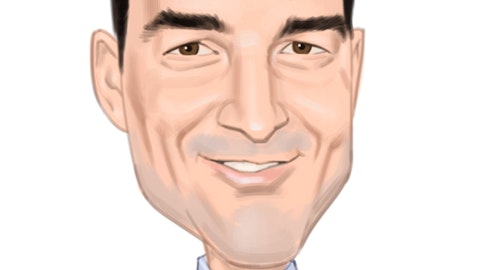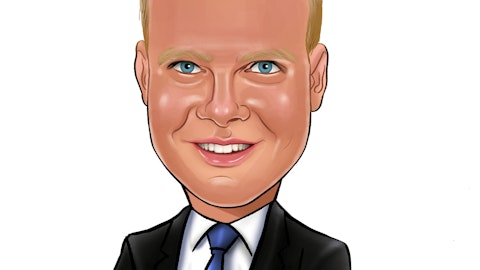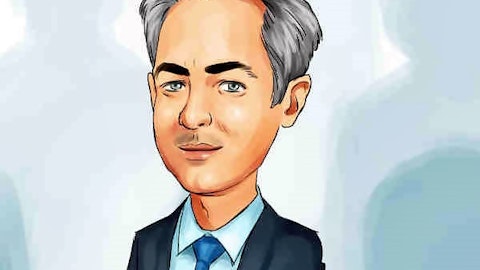Renaissance, Viking Gain in July as Hedge Funds Rebound (Bloomberg)
Jim Simons’s $32 billion Renaissance Technologies and Andreas Halvorsen’s Viking Global Investors posted gains in July as the hedge fund industry extended its rebound from the worst start to a year on record. Renaissance’s Institutional Equities Fund, a quantitative strategy that has been among the top performers this year, rose 3.1 percent, boosting its year-to-date return to 17 percent, according to a person familiar with the matter. Viking Global, the $30 billion hedge fund that wagers on and against stocks, gained 3 percent in July, paring this year’s losses to 3.1 percent. Hedge funds on average rose 1.7 percent last month, according to Chicago-based Hedge Fund Research Inc., the fifth straight month of gains. The post-Brexit recovery in equity and credit markets, a surge in gold, and a decline in global bond yields helped the industry bounce back from a 2.6 percent loss in the first two months of the year.
Bridgewater Hedge Fund Settles Harassment Claim That Described a ‘Cauldron of Fear’ (The New York Times)
The world’s biggest hedge fund, Bridgewater Associates, said it had resolved a high-profile harassment claim filed against it by an employee who recently left the firm. Christopher Tarui, 34, who worked as an adviser to several large institutional investors in Bridgewater, filed his harassment complaint in January and had been on paid leave since the beginning of the year. He took a job this week as a director with Kohlberg Kravis Roberts & Company, the large private equity firm, a move it confirmed on Wednesday. Mr. Tarui also is dropping any claims he has against Bridgewater, and the hedge fund agreed to waive his employment restrictions, allowing him to move to his new job, a Bridgewater spokesman said on Wednesday.
Expanding Scope for Acquisitions, Berkshire Cash Pot Grows (The Wall Street Journal)
At Berkshire Hathaway Inc., cash keeps growing. And one question for investors, or companies interested in selling themselves, is how much of that cash the company realistically has to spend. It’s a perennial topic of conversation for investors and analysts because Berkshire chief executive Warren Buffett constantly talks about his hopes to bag an “elephant” or big acquisition. Cash and cash equivalents at Berkshire hit $72.7 billion at the end of the second quarter, up 9.1% from $66.6 billion a year earlier. The increase comes despite the roughly $32.7 billion the Omaha, Nebraska-based conglomerate paid in January for metal components maker Precision Castparts Corp., its largest purchase ever, though it financed that deal in part with short-term borrowings.
Jefferies, Free of the Restraints of Bigger Banks, Is Emboldened (The New York Times)
When the activist investor Carl C. Icahn bought 15 percent of the organic and natural products maker Hain Celestial in 2010, the company’s chief turned for advice to Mr. Icahn’s own Wall Street banker, Richard Handler, the chief executive of the investment bank Jefferies. When Mr. Icahn decided to sell that stake at a big profit three years later, Jefferies was the buyer. It quickly resold the shares to its clients in two bites for a total of $611 million. In the six years since regulators forced Wall Street banks to rein in risk-taking, Jefferies has emerged with an appetite for risk and a set of relationships to rival bigger Wall Street firms. It never took federal bailout money.





